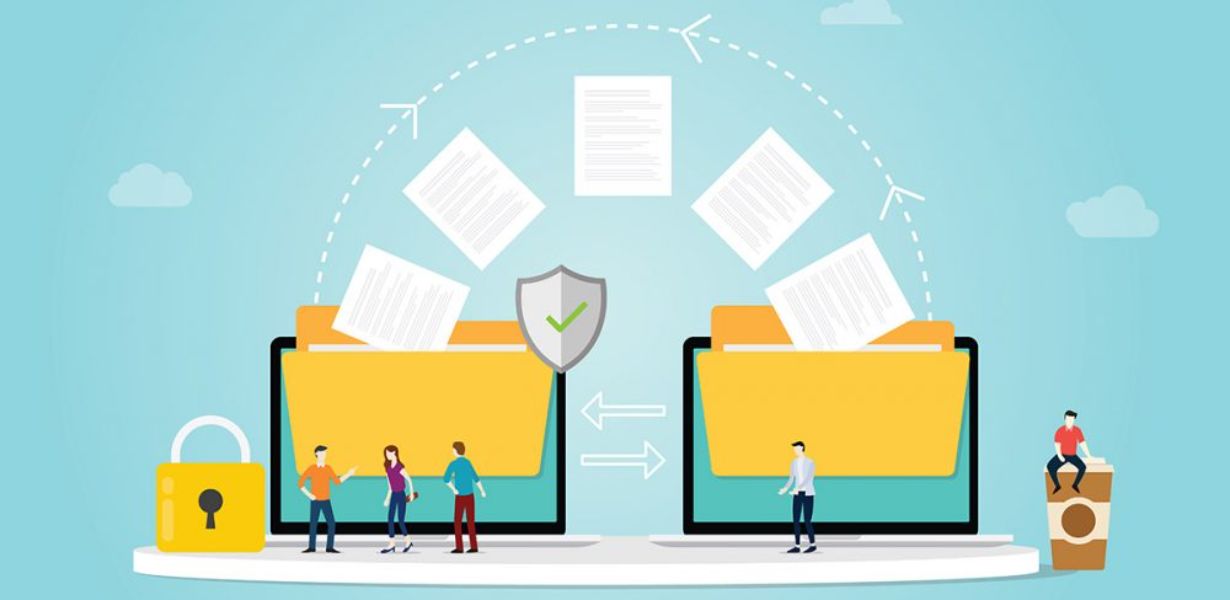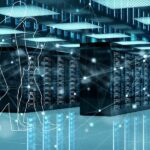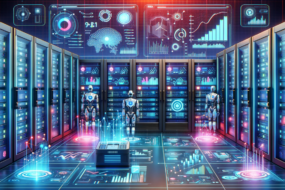
In today’s data-driven landscape, safeguarding your digital assets is paramount. The ever-evolving IT ecosystem necessitates robust, efficient, and forward-thinking backup solutions. In this comprehensive guide, we delve into the realm of next-generation backup solutions, shedding light on the cutting-edge technologies and practices that can keep your data secure in the face of modern challenges.
Understanding the Need for Modern Backups
In this digital age, data is the lifeblood of businesses and individuals alike. From critical business documents to cherished family photos, losing data can be catastrophic. We explore why traditional backups fall short and the key drivers behind the need for next-gen solutions.
The Evolution of Data
Data has grown in both volume and complexity. As the digital landscape continues to expand, so does the need for backup solutions that can handle the vast array of data types, from structured databases to unstructured multimedia files.
Cybersecurity Threats
The rise of cyber threats poses a significant risk to data integrity. Ransomware attacks and data breaches can have far-reaching consequences. We examine how modern backup solutions play a pivotal role in countering these threats.
Key Features of Next-Gen Backup Solutions
Next-gen backup solutions are designed to meet the challenges of the digital era. Here are the key features that set them apart:
Automated and Continuous Backups
Modern backup solutions ensure that your data is continuously and automatically backed up. This eliminates the need for manual interventions and minimizes the risk of data loss.
Efficient Data Deduplication
Data deduplication technology optimizes storage space by eliminating redundant data. This feature not only saves space but also reduces backup times.
Cloud Integration
Cloud-based backups offer scalability and accessibility. We explore how integrating the cloud into your backup strategy can enhance data protection.
Disaster Recovery Capabilities
Next-gen solutions prioritize disaster recovery, ensuring that your data is not only backed up but also recoverable in the event of a catastrophe.
Comparing Backup Technologies
There are various backup technologies available, each with its strengths and weaknesses. We break down the differences between traditional backups and next-gen solutions, helping you make an informed choice.
Traditional Backup Methods
We discuss the limitations of tape backups and physical media, shedding light on the challenges they pose in today’s fast-paced world.
Disk-Based Backups
Disk-based backups have gained popularity for their speed and reliability. We delve into the advantages of using disk-based solutions.
Cloud Backup Services
Cloud backup services offer flexibility and cost-efficiency. We explore how they have revolutionized data protection.
Implementing Next-Gen Backup Solutions
Having explored the why and what, it’s time to delve into the how. Implementing next-gen backup solutions can be a game-changer for your data security.
Assessing Your Data Needs
Before choosing a solution, it’s essential to understand the unique requirements of your data. We provide a step-by-step guide to help you assess your needs accurately.
Selecting the Right Provider
Choosing the right backup solution provider is crucial. We share the key criteria to consider when evaluating potential partners.
Best Practices for Data Protection
Data protection extends beyond technology. We discuss best practices that can enhance the security of your data.
Final Words
In conclusion, the world of data backup is rapidly evolving to meet the demands of the digital age. Next-gen backup solutions offer a comprehensive and proactive approach to data protection. By understanding the challenges, features, and implementation strategies, you can ensure that your data remains safe and accessible.
Commonly Asked Questions
1. What is data deduplication, and why is it important for backups?
Data deduplication is the process of eliminating duplicate data within a storage system. It’s crucial for backups because it reduces storage requirements, accelerates backup times, and lowers costs.
2. How do next-gen backup solutions protect against ransomware?
Next-gen backup solutions often include features like immutable storage and versioning, which make it difficult for ransomware to corrupt or delete backups. This enhances data recovery capabilities.
3. Are cloud-based backup services secure?
Cloud-based backup services prioritize security, employing encryption, access controls, and compliance measures. It’s essential to choose a reputable provider and implement best practices to ensure data security.
4. What is the role of disaster recovery in next-gen backup solutions?
Disaster recovery is a fundamental aspect of next-gen backup solutions. It ensures that, in the event of a data loss incident, your data can be swiftly and fully restored, minimizing downtime and business disruption.
5. How can I assess my data protection needs effectively?
Assessing your data protection needs involves evaluating the criticality of your data, regulatory requirements, and your recovery time objectives. A comprehensive assessment ensures you choose the right backup solution.
Advertisement








